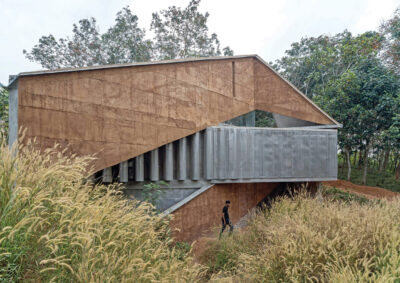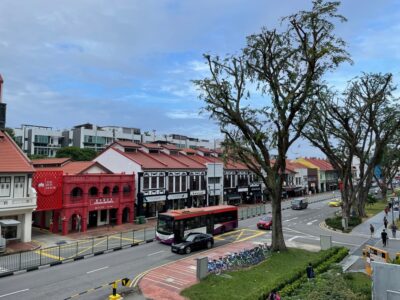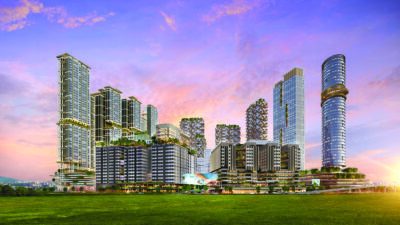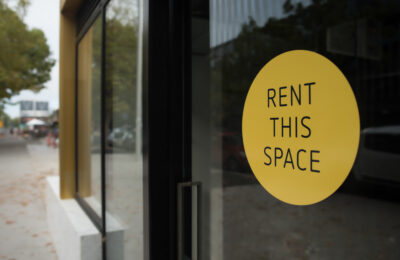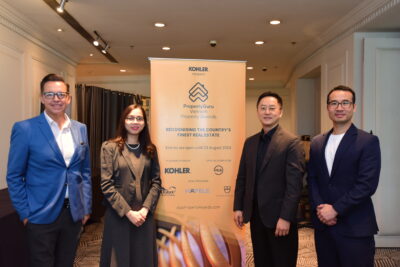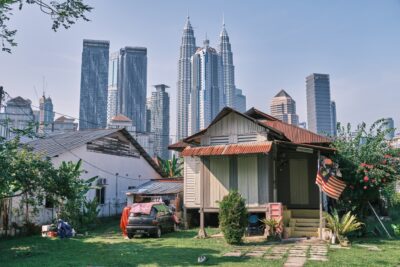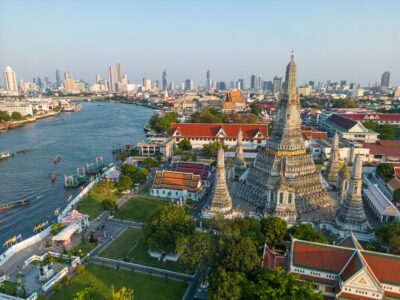Banned steel machines find their way to Southeast Asia
Your building could be using cheap, impure steel — a risk if you live in an earthquake-prone country

China prohibited last year the use of induction furnaces (IF), commonly used to produce cheap steel, for safety and environmental reasons. However, these machines have found a new lease of life in Southeast Asia, Reuters reported.
In the Philippines, the total capacity of IF has surged to 400,000 tonnes to 500,000 tonnes, up from 150,000 tonnes to 200,000 tonnes two years ago, according to Roberto Cola, president of the Philippine Iron and Steel Institute and vice-president of steelmaker Steel Asia Manufacturing.
Thirty to 40 percent of domestic rebar producers in Indonesia use IF, reported Silmy Karim, chief executive of steelmaker Krakatau Steel and chairman of the Indonesian Iron and Steel Association.
IF are far less reliable than electric arc furnaces at removing impurities from steel products, rendering the buildings that use them as safety risks.
The Philippines and Indonesia are known for earthquakes and typhoons.
“Imagine, Indonesia is an epicentre for earthquakes, so we must be vigilant. They must be prohibited,” said Karim.
The ASEAN Iron and Steel Council exhorted member governments to prohibit the import of “obsolete and unwanted equipment from China” like IF.
“If it’s an ASEAN directive, all governments are inclined to comply,” said Philippines Trade Undersecretary Ruth Castelo, adding that three steel plants she had inspected were found to use IF and lack anti-pollution devices.
Recommended
Meet the vagabond architect behind India’s housing scene
Vinu Daniel is helping to shake up India’s home building setting
Where Asian real estate stands in a fragmented, warmer world
Asia’s real estate industry faces many and varied challenges as external factors continue to bite
6 sights to see in Singapore’s Marine Parade
Handily located Marine Parade has emerged as a vibrant investment choice in the Lion City
There’s a township dedicated to health and wellness in Malaysia
Property seekers have their health needs catered for at KL Wellness City

